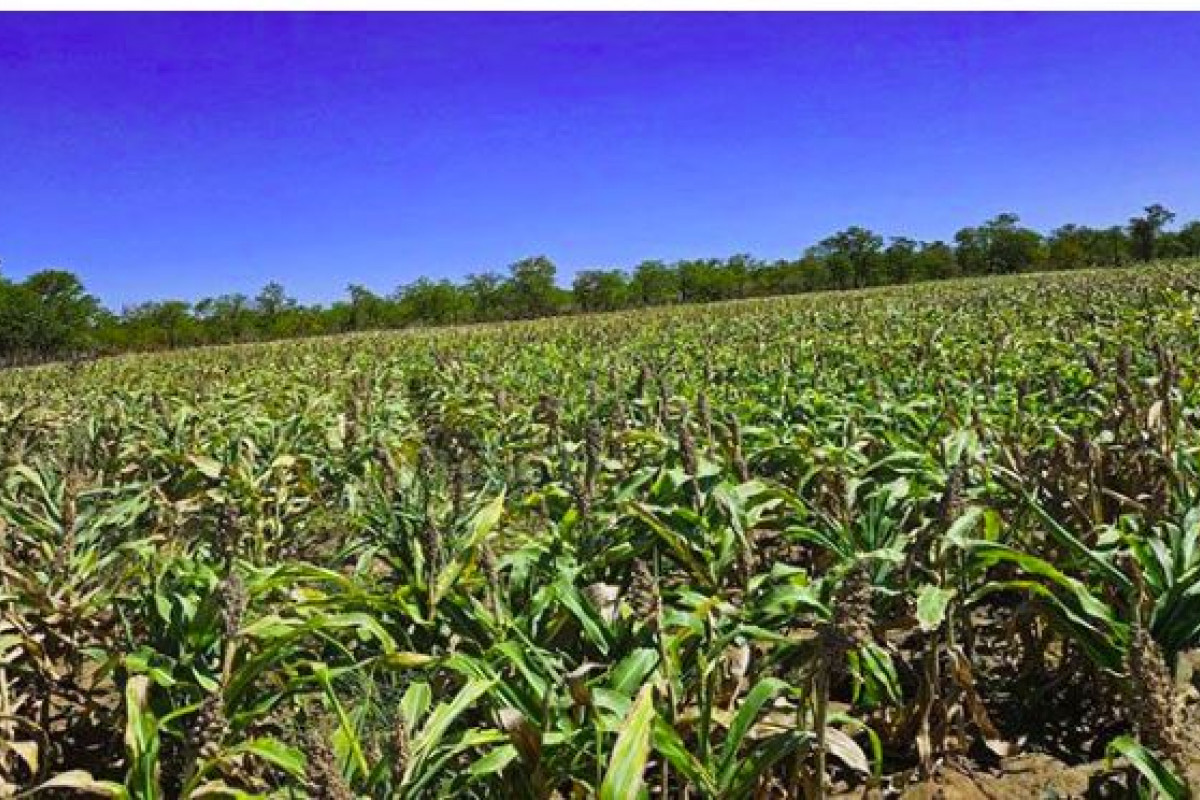Zimbabwe's economic growth has slowed down to 2% in 2024 which is a significant decline of 1.6% points from the projected growth of 3.6% according to the latest economic outlook report by African Development Bank (AFDB) published on 2 June 2024. This is a worrying trend for the country as it shows that the economy is struggling to recover from its past challenges and show significant and consistent growth trends.
The variance has been attributed to, among other factors, drought, high prices on local products and extensive debts. Analysis shows that although Zimbabwe’s GDP grew by 6.1% in 2022 and by 5% in 2023. A marked decline was expected in 2024 due to limited agricultural output caused by the El Niño-induced drought, while unstable international commodity prices also posed further risks to the mining sector which is key to the Zimbabwean economy.
Despite the AfDB’s forecast, the Zimbabwean government maintains an ever optimistic outlook with growth expectations of 3.5% in 2024 as reported by The Zimbabwe Mail. However, Finance Minister Mthuli Ncube has acknowledged that this estimate might be revised downwards if the drought’s impact continues to worsen. According to the AfDB, the global economic slowdown poses a major risk to Zimbabwe’s economic outlook with the country expected to focus on stabilizing its currency to restore economic stability.
Growth in the Southern Africa region is projected to increase slightly from an estimated 1.6% in 2023 to 2.2% in 2024 and 2.7% in 2025, reflecting a modest upgrade of 0.1% points for both years compared with the January 2024 forecast. The AfDB which is at the forefront of efforts to secure an arrears clearance deal for Zimbabwe has called for comprehensive reforms of the global financial system to assist debt-distressed economies like Zimbabwe. Multilateral external arrears in many countries have reduced access to concessional financing from international financial institutions.
Normalization of relationships in many cases requires arrears clearance before a country can regain access to new financing. For Zimbabwe, this situation has intensified solvency issues, turning them into a liquidity crisis, leading to exchange rate pressures and hyperinflation. The AfDB stressed the necessity for reforms in the international financial architecture to offer more flexibility for countries with accumulated arrears that urgently need emergency financing.
Listed below are some factors that has hampered the country’s economic growth:
1. Drought: Zimbabwe has been experiencing a severe drought, which has led to a decline in agricultural production, a key sector of the economy.
2. Power shortages: The country has been experiencing frequent power outages, which have affected manufacturing and other industries.
3. Corruption: Corruption remains a significant challenge in Zimbabwe, with many businesses and individuals citing corruption as a major obstacle to investment and growth.
4. Political uncertainty: The country's political landscape remains uncertain, with the government's handling of the economy and governance issues contributing to investor uncertainty.
Despite these challenges, the government is working to address some of these issues, including:
1. Agricultural reforms: The government has launched initiatives to improve agricultural productivity and reduce dependence on imports.
2. Power generation: The government is working to increase power generation capacity through new projects and partnerships.
3. Anti-corruption efforts: The government has launched anti-corruption campaigns and implemented measures to reduce corruption in key sectors.
4. Economic reforms: The government is working to implement economic reforms, including the privatization of state-owned enterprises and the reduction of regulatory barriers.
However, more needs to be done to address the underlying issues driving the slow economic growth. The government must work to create a more conducive business environment, attract foreign investment and improve the overall competitiveness of the economy.
In conclusion, Zimbabwe's economic growth slowing down to 2% in 2024 is a cause for concern, and the government must take urgent action to address the underlying issues driving this slowdown.

